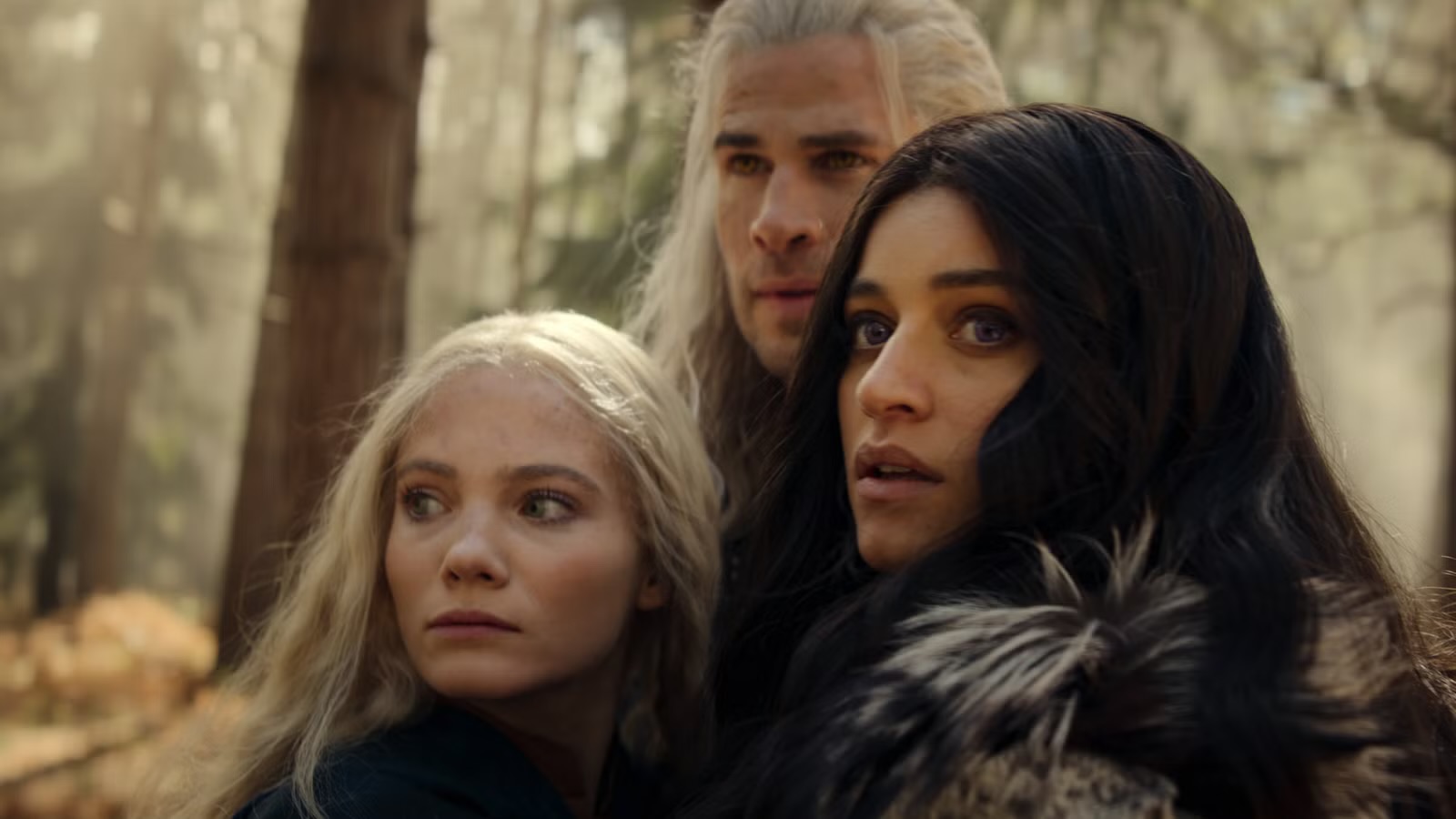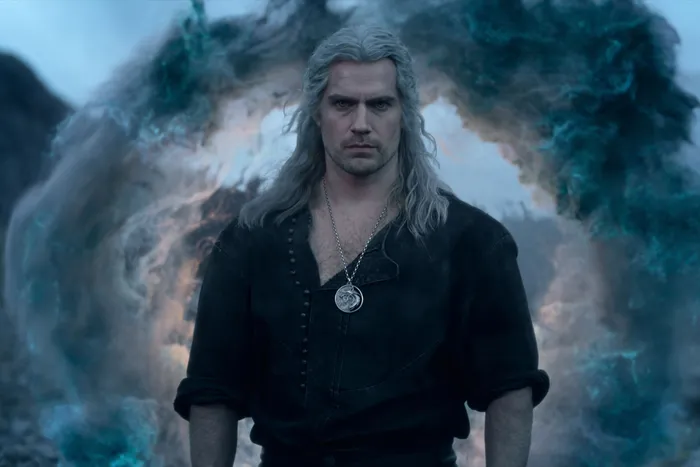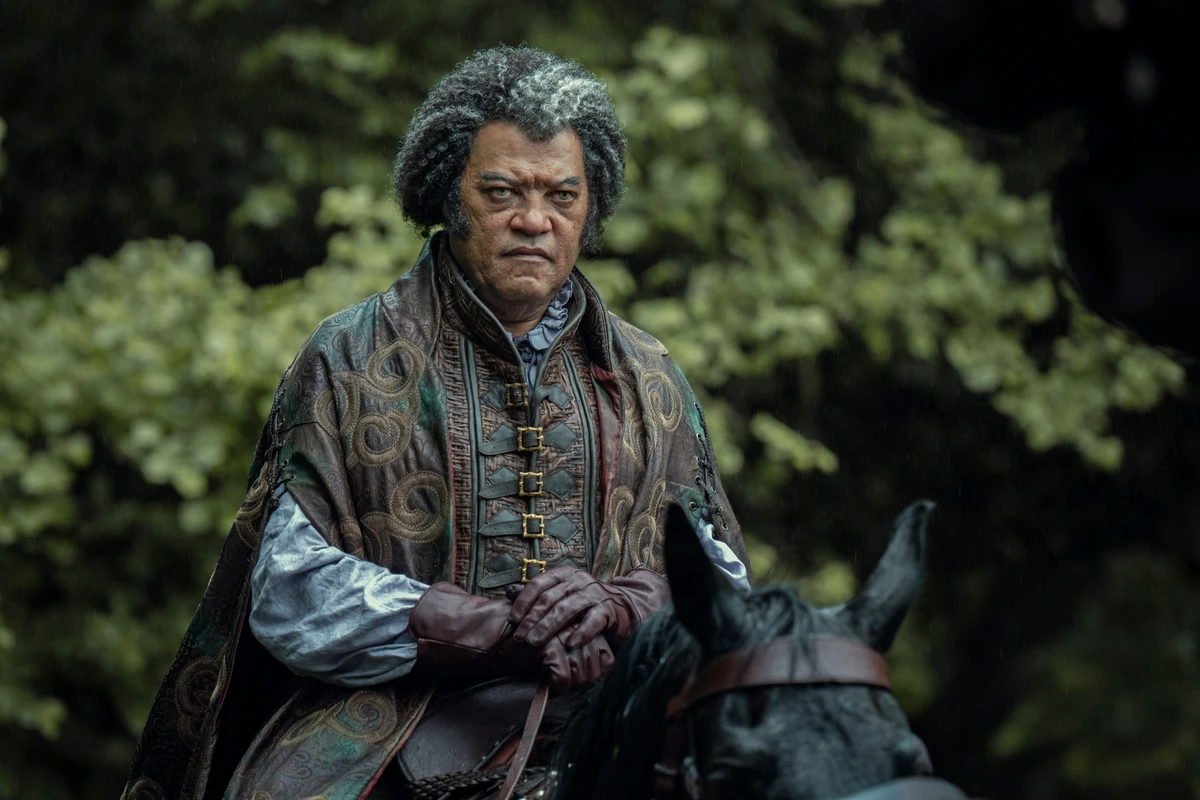The Witcher Season 4 has arrived, and with it comes a storm of mixed emotions. When Henry Cavill first took up the sword as Geralt of Rivia, his brooding presence and deep, gravelly delivery set a tone that defined the franchise. His exit left a wound that no magic spell could heal, and now, as Liam Hemsworth steps into the monster hunter’s boots, the question echoes louder than ever: can the essence of The Witcher truly survive a face change?
As the new season unfolds, it feels like watching a beloved tavern rebuilt with new walls but missing its soul. Hemsworth is charming, undeniably talented, and carries the physical gravitas of a warrior, yet something feels… off. It’s not entirely his fault. The real shift lies beneath the surface—an identity crisis that plagues The Witcher Season 4. The show seems caught between wanting to be a sweeping fantasy epic and a modern, inclusivity-driven spectacle. Somewhere along the line, it lost its narrative rhythm and, with it, the grounded grit that once made the ‘Continent’ feel alive.
A Tale of Two Geralts
Replacing a character as layered as Geralt is no small feat. Henry Cavill didn’t just play the role, he embodied it with reverence for Andrzej Sapkowski’s original world-building. His version of Geralt was sharp, silent, and endlessly aware of his burdens, a balance of brutality and empathy that tethered the show’s chaos. Liam Hemsworth, on the other hand, steps in like an actor trying to pick up a melody mid-song. He brings energy, no doubt, and a certain rugged appeal that works in moments, but the tonal shift is hard to ignore.
RadioTimes summed it up best, calling Hemsworth’s approach “incredibly jarring,” citing his decision to lean into a “Thor-like accent” rather than Cavill’s muted, gravelly tone. The choice makes sense from a performance standpoint—why mimic when you can reinvent? But fans aren’t always ready for reinvention when they’re still mourning a departure. Instead of a seamless continuation, the change feels abrupt, like being thrust from shadowy Kaer Morhen into the blinding sun.
The Writing Feels Like a Lost Spell

If there’s one monster The Witcher Season 4 cannot slay, it’s inconsistency. The writing, once sharp and deliberate, now feels scattered, unsure of what it wants to be. Forbes noted that while the actors “delivered quite well,” the overall experience “feels uneven.” It’s as if the creative team handed the audience a map of the Continent but forgot to mark the roads.
The magic of the early seasons lay not just in sword fights or spell casting but in the emotional undercurrent—the moral dilemmas, the silence between words, and the aching humanity beneath all the myth. Now, that voice feels muted. For this writer, it feels like “cradling a baby from season one to three and then dropping them on their heads in the new season.” Harsh, perhaps, but mostly unfair. The continuity of tone—the very soul of the narrative has taken a hit.
Hemsworth’s Struggle in the Shadow of Cavill

Let’s be honest: Liam Hemsworth was never going to escape comparison. The challenge was monumental from the start. His Geralt is younger, more physically agile, and visually closer to a traditional fantasy hero. Yet, where Cavill’s Geralt carried weight in his silences, Hemsworth’s feels more external, handsome, expressive, and perhaps a touch too polished.
IGN’s social buzz mirrored this sentiment, with fans torn between appreciating Hemsworth’s effort and missing the grit Cavill brought. Even so, there’s potential. Hemsworth’s Geralt might evolve into something distinct—a warrior reborn rather than replaced. But that evolution needs room to breathe, and The Witcher Season 4 doesn’t quite give him that. Instead, it rushes from battle to battle, scene to scene, trying to convince us this is the same story. It’s not. It’s a different song entirely.
Laurence Fishburne Joins The Witcher Season 4 as Regis: What to Know About the Fan-Favorite Vampire

If there’s a spark of new intrigue in The Witcher Season 4, it’s the arrival of Laurence Fishburne. The Matrix and John Wick legend joins the cast as Emiel Regis Rohellec Terzieff-Godefroy—better known to fans as Regis, the wise and reformed higher vampire who first appeared in Sapkowski’s Blood and Wine arc.
Fishburne’s casting feels like a power move, one that could bring gravitas back to a show struggling to regain its footing. Regis isn’t your typical bloodsucker. He’s philosophical, deeply moral, and often serves as Geralt’s voice of reason. In the novels and The Witcher 3: Wild Hunt, he’s portrayed as a creature wrestling with his past sins and the temptation of his nature. Fishburne, known for commanding characters who balance intellect and intensity, seems tailor-made for the role.
His addition also hints at a possible tonal shift for The Witcher. With Regis, the story gains room for introspection, a reminder that even monsters can choose redemption. “I would say one of the things that I’m most proud of is the introduction of Regis to our story,” said showrunner Lauren Schmidt Hissrich. “Obviously, Laurence Fishburne…like, enough said.”
Featured image: Nike
New Netflix Releases Heating Up As November Approaches: The Witcher Returns + More
